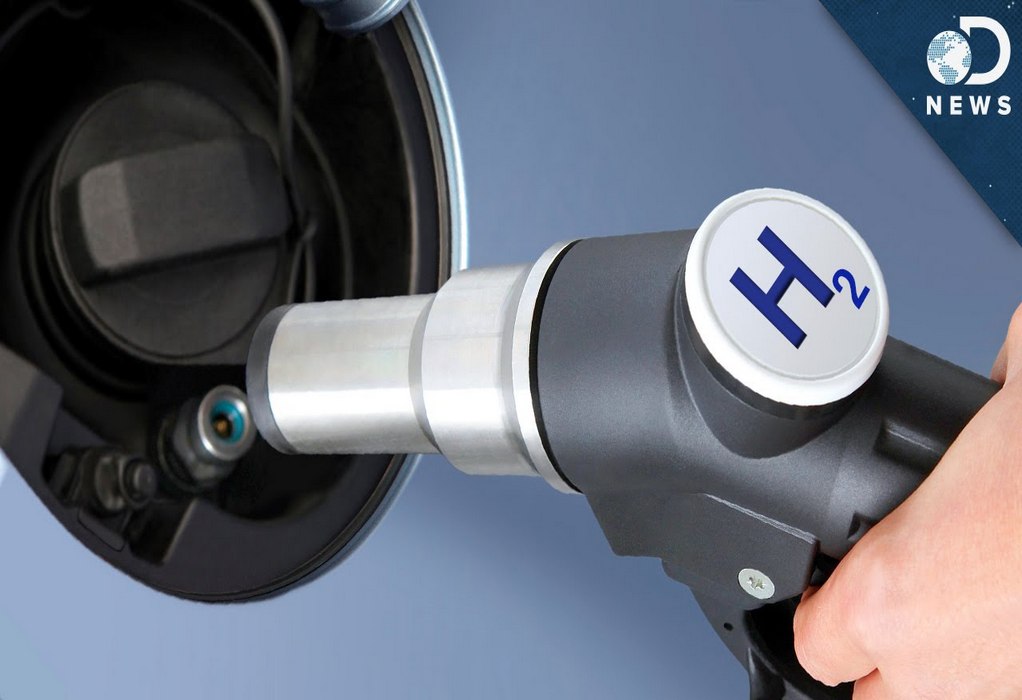German manufacturer Bosch has announced plans to launch its first hydrogen internal combustion engine for trucks this year, to add to its existing fuel cell and battery-electric offerings.
Hydrogen engines are less efficient than fuel cells, so vehicles using them will require more H2 to travel the same distance.
But proponents say they hydrogen engines are cheaper to buy and easier to maintain than fuel cells — which are more easily contaminated by dirt and dust, and require very high-purity H2 to run.
Indeed, in an opinion piece published by Hydrogen Insight in March 2023, analyst Jamie Fox argued that off-road applications such as tractors and mining vehicles “might be a more natural fit” for H2 engines than trucks.
Other manufacturers, including US-based Cummins, German engine maker Deutz and South Korea’s Hyundai Doosan Infracore, are also developing hydrogen engines, with the US company explaining that internal combustion engines are suitable for trucking fleets as they are “a familiar technology to operate, maintain, troubleshoot and service”.
The manufacturer first announced plans to develop a hydrogen engine in May last year, before presenting a Ligier race car fitted with a three-litre H2 engine at the Le Mans 24-hour race in June.
Tags: Bosch, Engine, Fuel Cells, H2 Engines, Trucks



Recent Posts
Goltens Partners with Orcan Energy to Expand Marine Waste Heat Recovery Solutions
NWSA Launches First Incentive Program for Zero Emission Trucks in Washington
IHI and Vopak Partner on Ammonia Terminal Development in Japan
Chimbusco Pan Nation Completes First B30 Marine Gasoil Delivery in Hong Kong
ITOCHU Announces Newbuilding Order for Ammonia Bunkering Vessel
India Launches Incentive Scheme for Electric Trucks under PM E-DRIVE Initiative
Royal Caribbean Welcomes LNG-Fueled Star of the Seas to Its Fleet
Swire Shipping Launches ‘Voyage to Zero’ to Help Customers Cut Scope 3 Emissions Swire